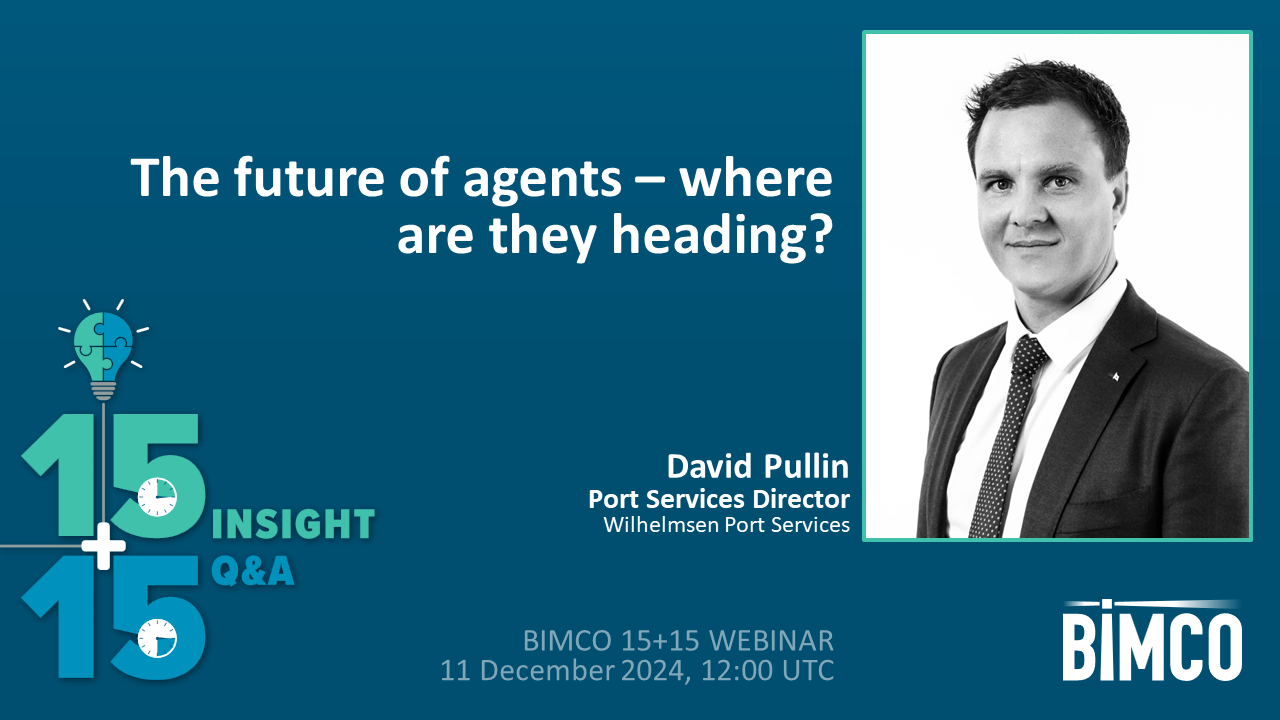China to release new domestic emission control area regulation
Overview
The Chinese Ministry of Transport (MOT) has passed a new domestic emission control area regulation from 1 January 2019 in their territorial waters.
According to this regulation, all waters 12 nautical miles off the Chinese coast will be defined as a nationally regulated area. This means that a limit of 0.5% sulphur in fuel used will apply from 1 January 2019 for the entire Chinese territorial water area.
China has further pledged to reduce shipping air pollution in three coastal port clusters by up to 65% by 2020.
Amid China’s plans to cut emissions from shipping, the Yangtze Delta (Shanghai, Jiangsu and Zhejiang) has set out for an early implementation of the IMO maximum 0.50% sulphur fuel as of 1 October 2018, which was three months ahead of the original proposal.
The new regulation covers all of the 12 nautical miles zone off the coastline, including the Hainan province, and has been further revised following a previous industry consulting draft. The regulation is expected to be released shortly and is expected to include the following:
- From 1 January 2019: all ships that enter China’s territorial waters must use low sulphur fuel (sulphur content of the fuel ≤0.5% m/m).
- From 1 January 2020: all ships entering China inland emission control areas (Yangtze River and Xijiang River) must use ultra-low sulphur fuel (sulphur content of the fuel ≤0.1% m/m).
- From 1 March 2020: all ships without an Exhaust Gas Cleaning System (EGCS or scrubber) entering China’s territorial waters are only permitted to carry and use the compliant fuel oil specified by the new regulation (sulphur content of the fuel ≤0.5% m/m).
- From 1 January 2022: all ships entering the Hainan emission control area must use ultra-low sulphur fuel (sulphur content of the fuel ≤0.1% m/m).
- Based on an appropriate appraisal regarding the usage of compliant fuel in ships, Chinese regulators will decide whether all ships entering China’s territorial waters should use ultra-low sulphur fuel from 1 January 2025 (sulphur content of the fuel ≤0.1% m/m).
In addition, the new domestic emission control area regulation specifies certain shore power usage requirements for Chinese flagged ships.
Ships equipped with scrubbers are permitted to carry and use High Sulphur Fuel Oil (HSFO), subject to emissions monitoring, and scrubber waste and water must be disposed according to relevant regulation.
Note: This news piece is written to update BIMCO’s members regarding China’s new emission control area regulation, and all points contained are for information purposes only. BIMCO would suggest members to consult the official regulatory text, which is expected to be released shortly.
Members should also note that the sulphur limit values in this new regulation appear to differ from those included in regulation 14 of MARPOL Annex VI. BIMCO is investigating these differences further to be able to provide appropriate guidance accordingly.
Feedback or a question about this information?
VPS Bunker Alerts
Veritas Petroleum Services (VPS) publish regular Bunker Alerts based entirely on fuel samples and have kindly permitted BIMCO’s Members to access this information.
The Bunker Alerts are not intended to be an evaluation of overall bunker quality in the port or area concerned, but usually highlight a specific parameter within the fuel which has raised a quality issue.
Latest ice reports for members
Latest piracy reports
Latest industry releasable threats
ELSEWHERE ON BIMCO
Contracts & Clauses
All of BIMCO's most widely used contracts and clauses as well as advice on managing charters and business partners.
Learn about your cargo
For general guidance and information on cargo-related queries.
BIMCO Publications
Want to buy or download a BIMCO publication? Use the link to get access to the ballast water management guide, the ship master’s security manual and many other publications.
About a new business partner
We can help members check new business partners. We also help to recover millions of USD (undisputed) funds every year.





